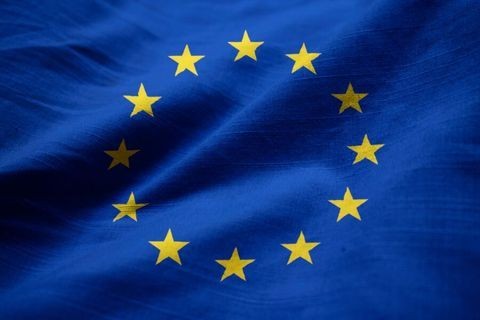Some Useful Clarity on the Legal Status of Cryptocurrencies in the United Kingdom
Client Alert | 3 min read | 12.04.19
Introduction
The recent popularity of cryptocurrencies has led to some important questions being raised about the legal standing of this emerging global asset class. Do they constitute “property” in the legal context? What remedies can be enforced against them? And what is their actual legal status?
A six-month consultation by the U.K. jurisdiction taskforce (“the UKJT”) of the Law Tech Delivery Panel has produced some answers. The review concluded that “cryptoassets, including but not restricted to, virtual currencies, can be treated in principle as property; and that smart contracts are capable of satisfying the requirements of contracts in English law and are thus enforceable by the court.”
This statement provides some much-needed guidance for businesses and investors alike and it places the U.K. at the forefront of jurisdictions embracing new technologies. This also confirms the continuing adaptability of the common law to technological developments.
The status of cryptocurrencies has also been considered by English courts in two recent cases.
Recent Caselaw
In Vorotyntseva v Money-Ltd (T/A Nebus.com) [2018] 9 EWHC 2596 (Ch), a freezing injunction was obtained against Nebus, a cryptocurrency trading company, and its directors. Ms Vorotyntseva wished to test Nebus’s trading platform, and deposited significant quantities of Bitcoin and Ethereum, types of cryptocurrency, worth about £1.5 million with the company. When Ms Vorotyntseva became concerned with the company’s operations and, having voiced her concerns, received no credible response from the management, she promptly applied for a worldwide freezing injunction. On the evidence adduced, the court concluded that there was a real risk of assets being dissipated and granted a freezing order against the company and its directors.
Similarly, in Robertson v Persons Unknown, unreported, CL-2019-000444, the Court granted an asset preservation order over Bitcoin held on a cryptocurrency trading platform. Mr Roberts responded to a phishing email and transferred 100 Bitcoin to a hacker’s wallet. The hacker then transferred 80 of the coins to a third party. The latter transfer was eventually traced to a digital wallet held by Coinbase, a well-known custodian and digital currency exchange. However, in this case, the Judge declined to grant a freezing order as he was not persuaded that such an order would be effective. Instead, a preservation order was granted over the Bitcoin, valued at around £1 million at the time, since an arguable case was established to reveal the identity of the ultimate wallet owner.
Comments
These cases are significant for the financial sector; they not only demonstrate the court’s willingness to recognize cryptoassets, but also provide some certainty in relation to enforcement against them.
Whilst it is clear that a freezing order can be sought over these cryptoassets, the issue of whether the intangible cryptoassets can constitute “property” under English law remains unresolved. The cases provided an opportunity for the courts to resolve this question, but neither judgment provided clarity on this. Although the UKJT’s guidance remains helpful on the issue, we still await the issue being fully tested in court.
The issue of cryptoassets has also been addressed overseas. In a recent Singapore case, B2C2 Ltd v Quoine Pte Ltd [2019] SGHC (I) 3, the Judge applied well-established principles of contract and trust law in the context of cryptocurrency automated trading. He concluded that Bitcoin is personal property that can be the subject of a trust - “cryptocurrencies are not legal tender in the sense of being regulated currency issued by a government but do have the fundamental characteristic of intangible property as being an identifiable thing of value”. Ultimately, the court was satisfied that normal contractual and trust principles were applicable to cryptocurrencies as they would be to any other property.
As is frequently the case, technological advances outpace legal developments. The UKJT has certainly taken a step in the right direction by publishing its guidance on the legal position of cryptoassets. However, we await further clarity from both the legislature and the courts on the precise legal status of these new digital assets.
Contacts
Insights
Client Alert | 14 min read | 12.22.25
European Commission Proposes Biotech Act to Boost Health Biotechnology in the EU
On December 16, 2025, the European Commission published its proposal for a regulation establishing a European Biotech Act to strengthen the EU's biotechnology and biomanufacturing sectors with a primary focus on health.
Client Alert | 11 min read | 12.22.25
European Commission Proposes Simplifying the Rules on EU Medical and In-Vitro Diagnostic Devices
Client Alert | 3 min read | 12.22.25
Second Circuit Expands District Court Review of Magistrate Judge Report and Recommendations
Client Alert | 2 min read | 12.19.25



